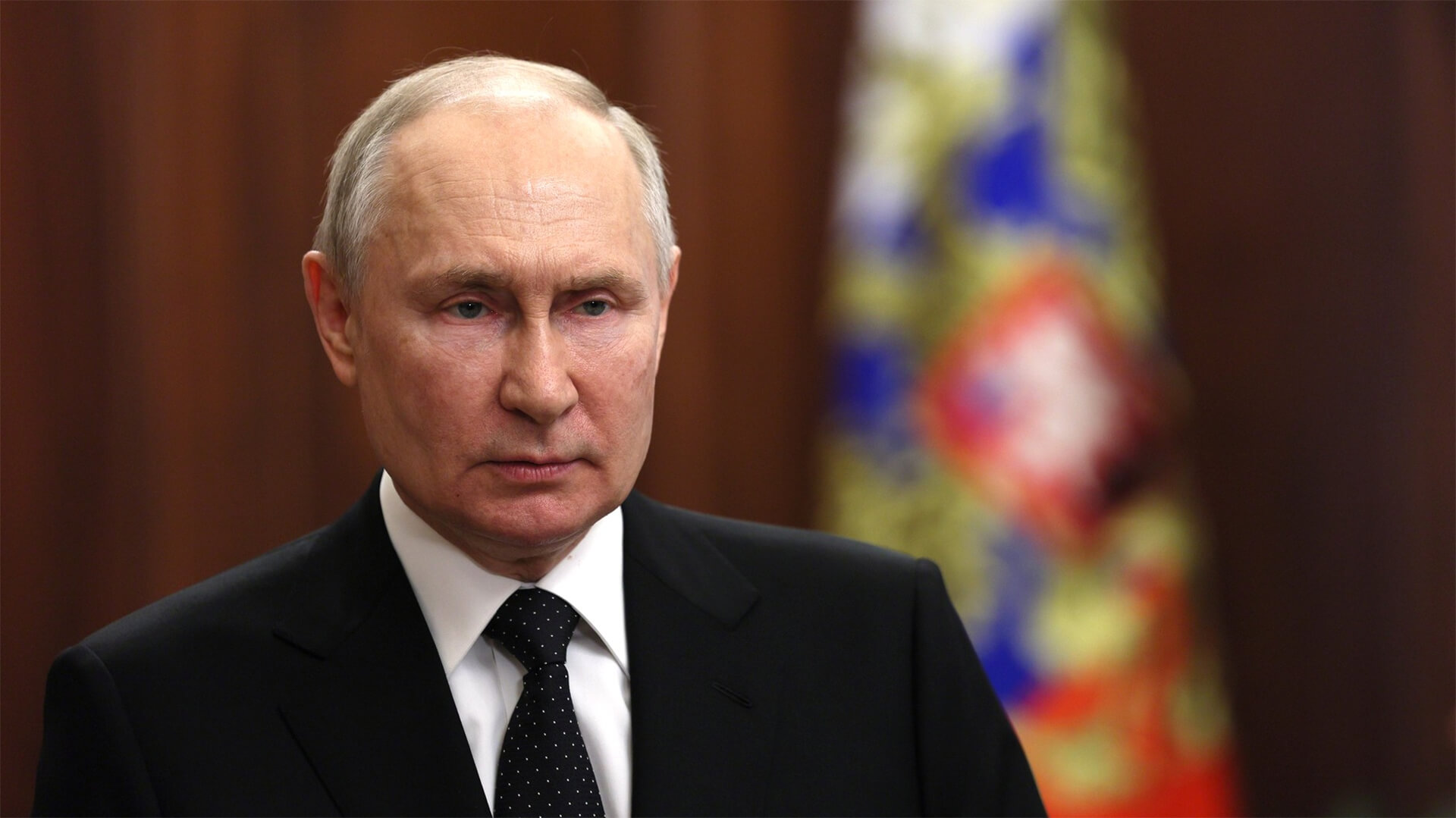One of the countries who got caught up in the ‘Liberation Day’ crossfire was Vietnam. Through an arbitrary and poorly informed process, Vietnam was slapped with a 46% tariff.
Trump’s team is filled with loyalists that lack any semblance of expertise in their designated areas, so these inflated tariffs are more about pleasing Trump than logic. Which doesn’t make for great economic policy in case you were wondering.
Vietnam has been a key ally in reducing US dependence on China, but since Vietnam doesn’t import enough from the US due to the income disparity, Trump and his lackeys sniffed a trade deficit and bibbidi, bobbidi, punitive tariffs.
Here at Zeihan on Geopolitics, our chosen charity partner is MedShare. They provide emergency medical services to communities in need, with a very heavy emphasis on locations facing acute crises. Medshare operates right in the thick of it, so we can be sure that every cent of our donation is not simply going directly to where help is needed most, but our donations serve as a force multiplier for a system already in existence.
For those who would like to donate directly to MedShare or to learn more about their efforts, you can click this link.
Transcript
Hey all, Peter zine here, coming to you from a snowy Colorado. Don’t worry, it’ll be 70 degrees tomorrow. Any who, one of the countries that Donald Trump put tariffs on or. I mean, I guess, but not on all countries. But one of the bigger ones was Vietnam, who got a 46% tariff increase. There’s three things going on here.
All of them are pretty stupid. So first of all, there’s the method. I have it from good sources that as of noon, the day that the Trump administration put the tariffs on everybody, which was at 4 p.m. on April 2nd. As of noon on that day, they still hadn’t really figured out the numbers or anything. And what they did is they took the trade deficit, divided it by how much the US exports.
And that gave us the number. It had no indication that they had even glanced at what actual real tariff levels were. They certainly hadn’t done a study of non-tariff barriers. They just took the one measure that Trump is obsessed with and made it a penalty. And so Vietnam got a 46%. Now, why did it go down this way?
Well, the first and most important thing to understand is that Trump has no help. It’s just him. Normally when someone spend some time out of power, they go through and recruit people who know things that they don’t know so that when they get back into power, they can hit the ground running, do some legislation, build up a system that will last beyond them.
Trump’s done none of that. He actually fired everybody in his inner and his outer circle who had anything to do with anything, including everyone within the Republican Party, within the apparatus, and just built a nice little cult of personality around himself. And now that he’s in the Oval Office, he’s built an Obama esque shell of incompetence around him, surrounding himself with people who literally don’t know what’s going on.
The two people who are most relevant to this conversation, we have a trade adviser for manufacturing called Peter Navarro. Navarro is an academic. He’s never actually worked with a company at any level. So everything that is in his mind on tariffs and trade and manufacturing is all stuff that he’s thought up and maybe studied, but never actually done in the real world.
And he has a particular bone to pick with Canada. So that explains where a lot of the vitriol has come from on that front. The second person is the Commerce secretary, a guy by the name of Howard Ludwick. And how, geez, did a little looking into this guy. A lot of people have a lot of strong opinions.
I think the nicest thing that I’ve ever heard anyone say about him is that he’s a Venal and craven. Anyway, he has earned a lot of enemies within even the upper echelons of the movement as being completely inflexible and completely immune to reality. And he has spent most of his time at Trump’s side basically telling Trump whatever he thinks Trump wants to hear. And so since he thinks Trump wants to hear about tariffs, he’s talking to Trump about how tariffs are such a great idea and how you have to make the numbers as large as possible.
They don’t have to be rude in actual relationships and everything like that. And then of course, remember below, these people, especially a lot like Donald Trump, cleared out the entire Commerce Department. So there’s no one who can even try to inform the president, through the Secretary of Commerce, about what is actually going on in the world. As to Vietnam, specifically, Vietnam’s tariff rate on average, product by product is about 9.5%.
And if you do it on a trade weighted basis. So whatever we trade more with, give that one more weight. It’s actually closer to 5%. It’s nowhere close to the 45%, that it is now. The reason it’s this high is because of the way the Trump administration manufactured the data that was necessary to give a high number.
And the reason it’s so high is because of a huge success in American economic and national security policymaking. You see, the Vietnamese hate the Chinese way more than we do. And when Covid hit, and we found ourselves with a lot of supply chain disruptions that were Chinese related, American firms went into Vietnam in a very big way to build industrial plant, to diversify supply chains away from China.
So in the last four years, we’ve seen a significant boost in exports out of Vietnam, specifically designed to cut China and Russia out of the loop. And the projects have been pretty successful. But in the short term, the Vietnamese aren’t wealthy yet, so they can’t afford to purchase American products. That manifests as a trade deficit. And the way that the Trump administration has made up the data, that means that they come in, looking pretty red.
So this is a great example of where you take a country, Vietnam, that is going to undoubtedly be part of the American economic and security future and make the process of making that reality as complicated, as painful as possible. Hopefully the Trump administration and the Vietnamese government are going to find a way to get through this real quick.
The problem, of course, with declaring success there is because the Trump administration’s data is literally manufactured. It can go whatever direction Donald Trump’s mood goes, and he’s got a couple of people whispering in his ears things that are both wrong, and are wildly misrepresented of the reality of the situation. So will it work? God knows.
This isn’t based in fact any more. It’s just a fantasy, and it is already causing an extreme amount of pain and unwinding several years of very successful efforts to move away from the Chinese system.




